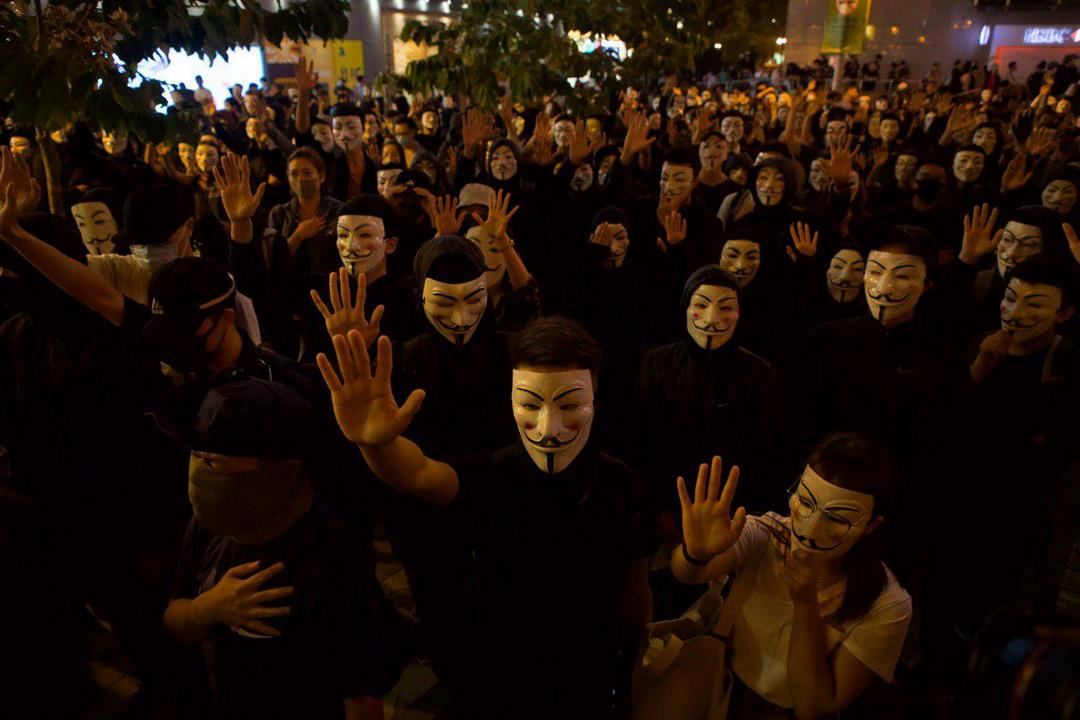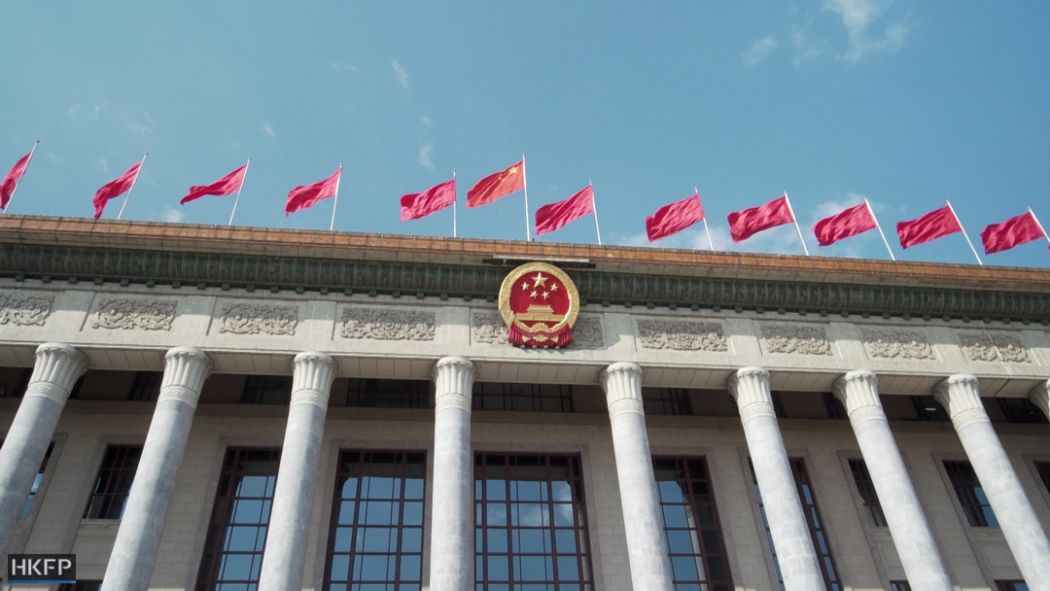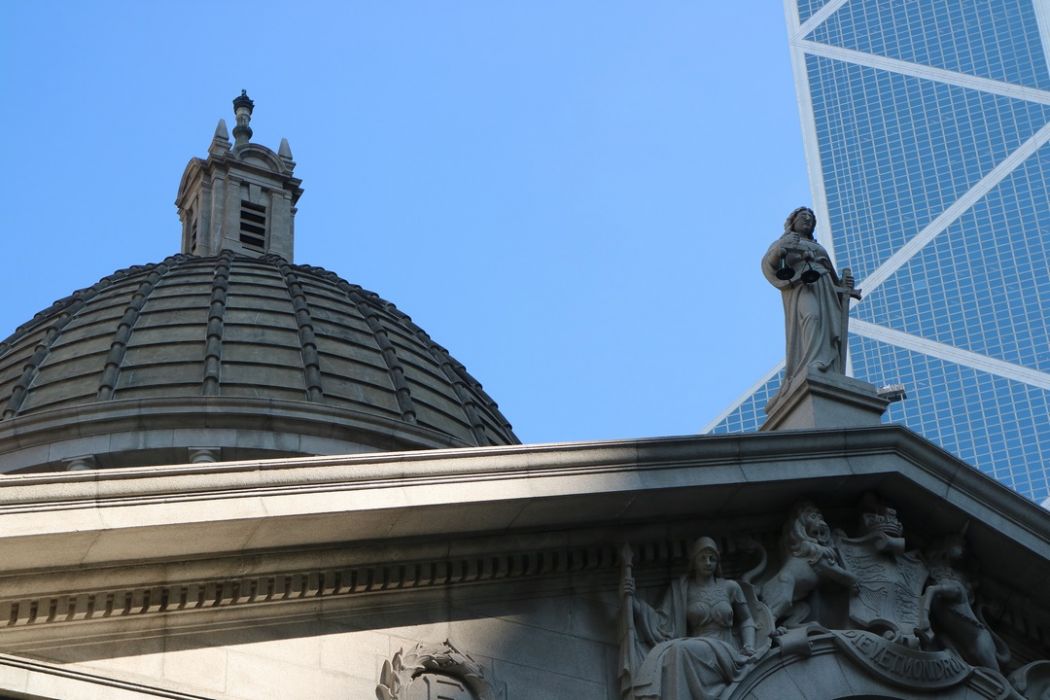In the midst of the gloom and fear which engulfs Hong Kong, there was a moment of shining light last week when we were reminded of the enormous underlying institutional strengths that have accounted for the SAR’s prosperity and freedoms. Unsurprising it took no more than a matter of hours before that light was extinguished on orders from Beijing.
On Monday, the High Court upheld an application to declare the unconstitutionality of imposing emergency regulations to outlaw the wearing of masks at demonstrations. At a stroke, the integrity and independence of the judiciary were there for all to see.

Moreover, the clear separation of powers between the executive and the judiciary was shown to be alive and kicking. In other words, despite the extreme circumstances facing Hong Kong, it could still be said that the rule of law was being upheld.
In Beijing, this reaffirmation of Hong Kong’s core values was seen in a very different light. Not only was the role of the judiciary put into question by their response, but in the central government’s enthusiasm to undermine this flicker of judicial independence it went even further – and questioned the right of Hong Kong’s courts to adjudicate on all constitutional matters.
This right, it was stressed, solely resided with the National People’s Congress Standing Committee. In other words with the Communist Party.
What followed was a flurry of threats. First up came the bad-mouthing of the judges, the kind of intimidation that sends shivers down the spine. This was followed by the threat of another interpretation of the Basic Law, to make it clear that the scope of autonomous judicial purview in Hong Kong would be taken away.

This means that any time Beijing decides that a matter coming before the SAR’s courts has constitutional or “national” implications it will be swept away from the local judiciary and sent straight up to the mainland to be determined through China’s undemocratic political processes.
So far this setting aside of the Hong Kong courts’ authority has been carried out through so-called interpretations of the Basic Law. This has already happened in five cases. In reality, these interpretations are nothing less than amendments to Hong Kong’s mini-constitution, carried out in the most brutal and abrupt manner.
It is hard to think of anything more damaging than a response of this kind but it was hardly a surprise to see the waxworks who populate the tattered remains of the Hong Kong government solemnly justifying this latest blow to the SAR’s autonomy.
They were followed by the usual suspects among the house-trained local legal experts who were trotted out to affirm how happy they were to see the undermining of the rule of law in Hong Kong. Most lawyers and legal experts, however, were appalled. Even the normally timid Law Society lambasted this development.

The government could try and overturn this ruling through the established legal system both in the court of appeal and the Court of Final Appeal, not to mention its current appeal for a suspension of the ruling pending appeal. But it appears that using the SAR’s established legal system will be cast aside in favour of an assault on the judicial system as a whole.
And, in case anyone has forgotten what sparked the current protests, ie. the now dumped extradition bill, there was a grisly reminder of why Hong Kong people are so afraid of being left at the mercy of China’s notorious legal system.
Simon Cheng, the former British Consulate employee who was detained in Shenzhen for 15 days in August, has finally broken his silence to speak about the torture he suffered and the confessions he was forced to write. His case bore the familiar hallmarks of the Chinese judicial system in action – the torture, the lack of any legal representation or due process and the usual bullying threats to maintain silence.
As ever this was topped by the release of a videoed “confession,” made under duress and threats of further torture.

On top of all this was the fear, once dismissed as exaggerated, of how a Hong Kong resident could be whisked across the border for a so-called crime that turns out to be nothing of the kind, but a politically motivated pretext.
Moreover, Cheng was seized at the Kowloon terminal of the high-speed railway where the PRC exercises exclusive jurisdiction. This is exactly what critics predicted would happen. Their fears were dismissed for being hysterical. Now we know the truth.
As ever, the Chinese Communist Party values control over the consequences of actions that could destroy the very things it wishes to control. And yet again the hapless officials who are supposed to represent the people of Hong Kong have shown their willingness to cheerlead for the body blows inflicted on Hong Kong’s autonomy.
